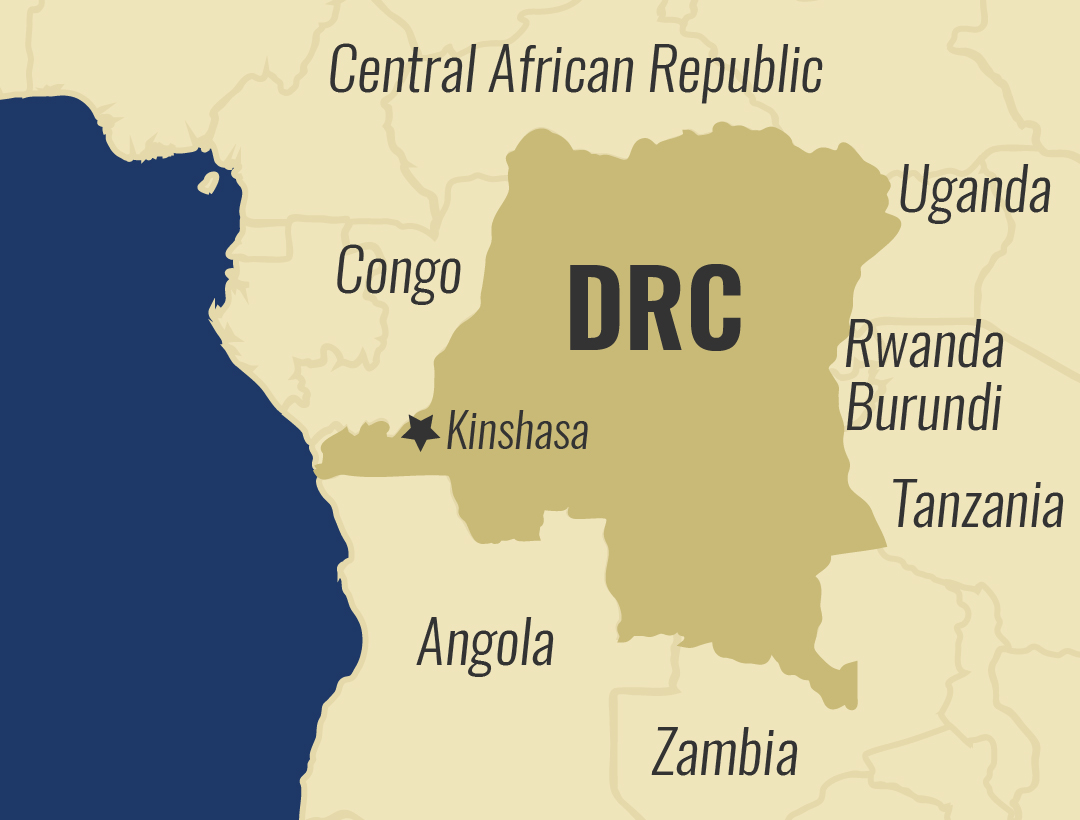Faces of Africa – Passing on of a cultural Heritage: My Zanzibar
The tropical island, Zanzibar, around 30kms off the Tanzanian coast, has a rich cultural history.
The island has been visited by the Portuguese, Arabs and the Chinese. The Arabs had the greatest influence on the culture of this Island. You can see it in the habits, religion, but perhaps most obviously in the architecture. All these interactions have had an impact on the people of Zanzibar, resulting in a culture and identity which they hold to date.
The island is home to a people who have dhow building, fishing and Taarab music deeply enrooted in their culture. These skills have been passed on down family lineage and preserved for hundreds of years.

From an early age, boys start perfecting their fishing skills. They walk along the sea shore to try their luck, sometimes catching fish. They all want to own their own fishing dhows and sail out fishing.
Dhows are traditional sailing vessels with one or more masts with triangular lateen sails. Their design is believed to have originated from the skeleton of a whale. Dhow building has a rich family heritage, and can be traced back to the arrival of the Arabs to the Island centuries ago.
This skill was first introduced to East Africa in Lamu, an island on the Kenyan Coast, then along to Mombasa and eventually across the water to Zanzibar. Originally, Zanzibar locals worked under the guidance of Arab dhow builders, eventually perfecting their skills. They have retained their Arabian heritage as the people of Zanzibar stuck to old labor-intensive, personal methods. So dhow building is not just a commercial enterprise, it is an art. In most cases children from the dhow building families join their fathers out of choice. They too want to build these simple but magnificent crafts.

39-year-old Fundi Haji Omari is a dhow builder, the techniques and skills he has were attained from his father. The greatest joy in life to him is that his sons have followed in his footsteps, each one wanting to be a dhow builder.
“I’m carving a part called ‘Karua’. It is usually placed inside a dhow that is close to completion to make it strong,” he tells.

Apart from dhow building in Zanzibar, music is the next big thing on this island. The ingrained culture of music in Zanzibar has led to a very relaxed lifestyle. This culture of relaxation has helped develop the local music industry, most notably Taarab music, another aspect of Zanzibari life with Arabic influence.

It has a unique blend of musical elements which forms an essential part of local culture and celebrations. “Taarab” originates from “Tariba”, which means “to be moved.”
Taarab rose to prominence in 1928 with the rise of the genre’s first star, Siti Binti Saad. Other Taarab musicians, most notably Bi Kidude ‘little granny’, sang Taarab all her life. Having lived for 104 years, Bi Kidude could still draw crowds with her arresting voice. She died in April 17th 2013, but her legacy lives on.

The old pass on the rich, colorful, local traditions to the young, preserving culture on an island with crumbling picturesque ruins and dim, fascinating architecture.
Every morning the sun rises up on this magnificent island of Zanzibar, the rich history rises with the people and it will go down generations and generations to come in every family.






